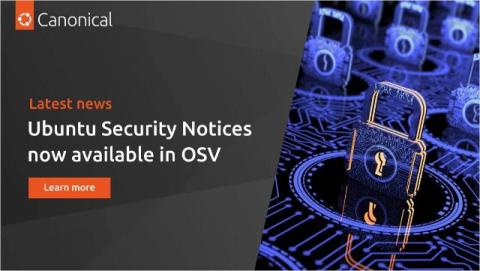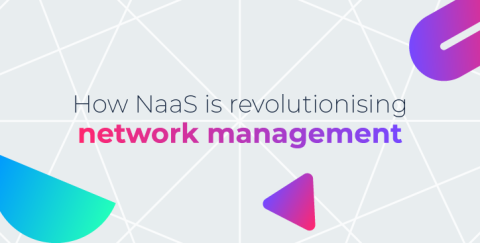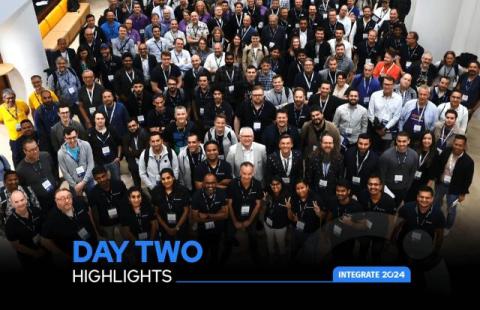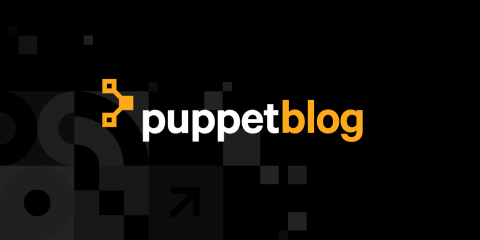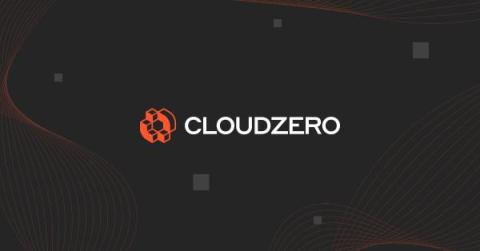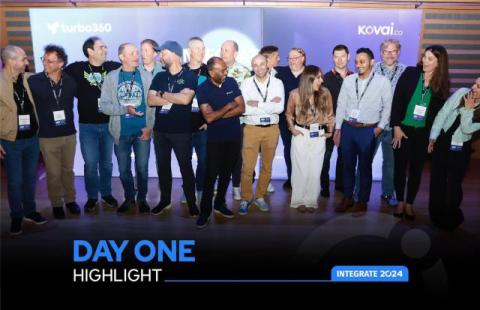Ubuntu Security Notices now available in OSV format
Canonical is now issuing Ubuntu Security Notices (USNs) in the open source OSV format. Using the information provided, developers can identify known third-party, open source dependency vulnerabilities that pose a genuine risk to their application and its environment. This collaboration between Canonical and OSV aims to simplify vulnerability management and further enhance security for Ubuntu users.


